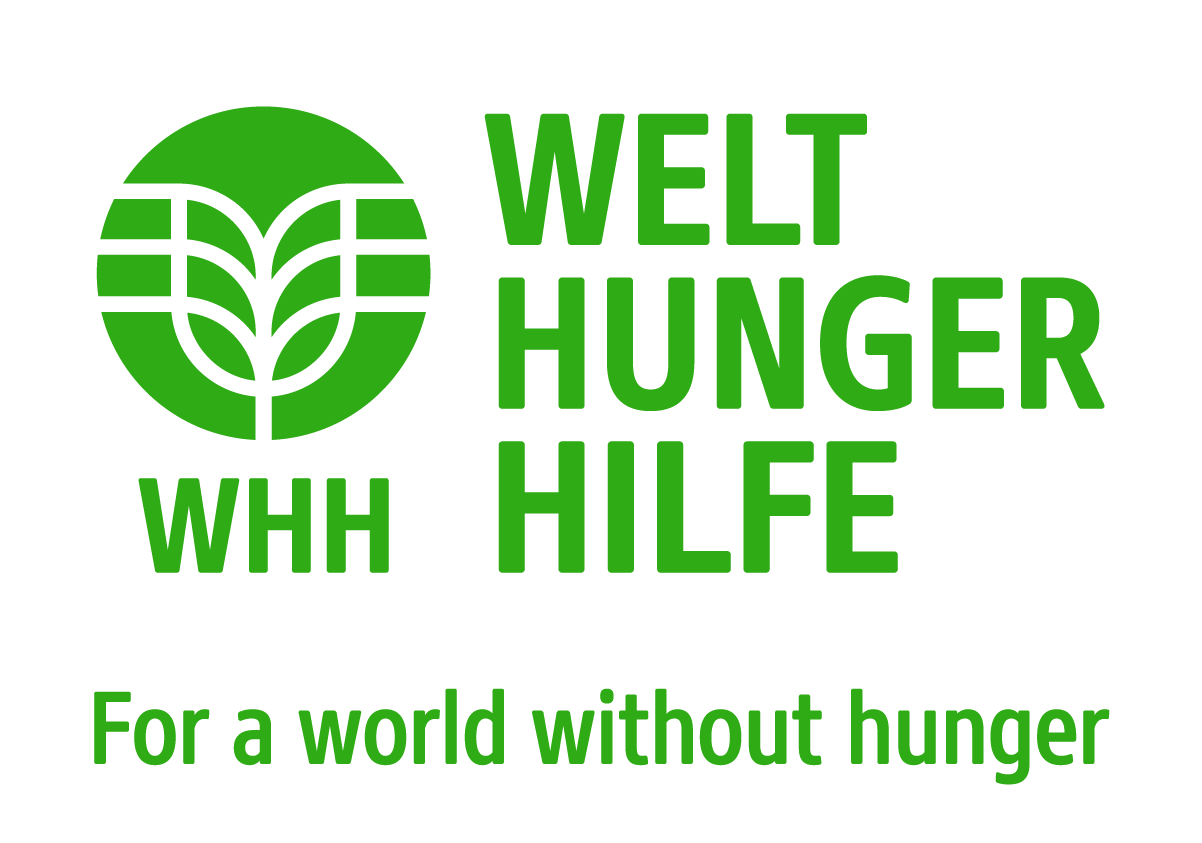WHH's Support for Women and Lactating Mothers After the Earthquake
After the earthquakes in February 2023 which heavily affected Adıyaman and Hatay, the most vulnerable members of the community, such as pregnant women and lactating mothers, are at increased risk. Vulnerabilities of mothers and children have heightened due to increased levels of malnutrition and stressful environments caused by the ongoing challenges in the earthquake zone.

|
© WHH, Adıyaman, Turkiye October 2023 |
With support from the German Federal Foreign Ministry, Welthungerhilfe (WHH) is working closely with public institutions and humanitarian organizations to support vulnerable communities in Adıyaman and Hatay after the earthquake. Specialized teams, including nutritionists, and psychologists, engage in activities that provide information sessions for mothers and infants in collective living spaces. These activities include support group sessions where experiences are shared, as well as group and individual counseling activities. Nutritionist Sibel Yayar and psychologist Hicran Akdeniz work for the project and are responsible for implementing the activities.
Sibel emphasizes the impact of the ongoing disaster on mothers: "Many mothers' milk dried up after the earthquake because of the stressful environment. We're working to provide safe and social spaces for mothers to reduce stress."
WHH also distributes hygiene kits to address immediate needs and offers Mental Health and Psychosocial Support (MHPSS) to affected mothers, guiding them through individualized protection activities to access public services. Sibel summarizes the impact of the work with a quote from a project participant: "We neglected ourselves; we learned that we have to value ourselves."
During the sessions, WHH covers topics like stress management, emotional regulation, and post-traumatic stress disorder. Mothers in communal living spaces, especially those who lost loved ones, lack a support network, leading to increased responsibilities and neglect of self-care. Hicran describes the situation: "One of the most common situations we encounter in the field is mothers rejecting self-care and feeling guilty for needing it due to the losses they've experienced. There is a decrease in their social networks due to the losses, and this situation imposes more responsibility on them than they can bear. Sleep problems and fatigue arise due to the caregiving burden. Through our work, we help them articulate their feelings."
WHH has assisted 955 individuals so far and plans to further expand its activities by creating child-friendly spaces in the targeted areas. The goal is to support families to develop hope and resilience and to provide support for mothers and infants in the complexities of post-earthquake life.
